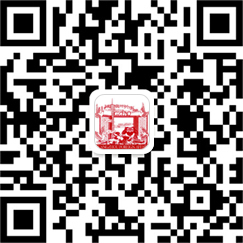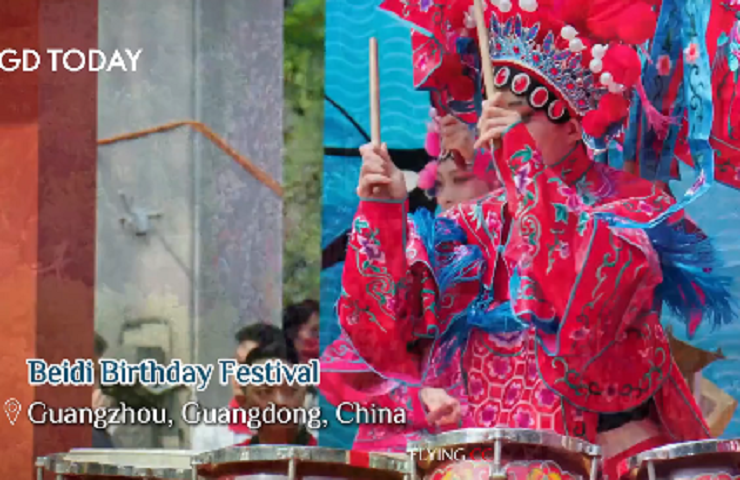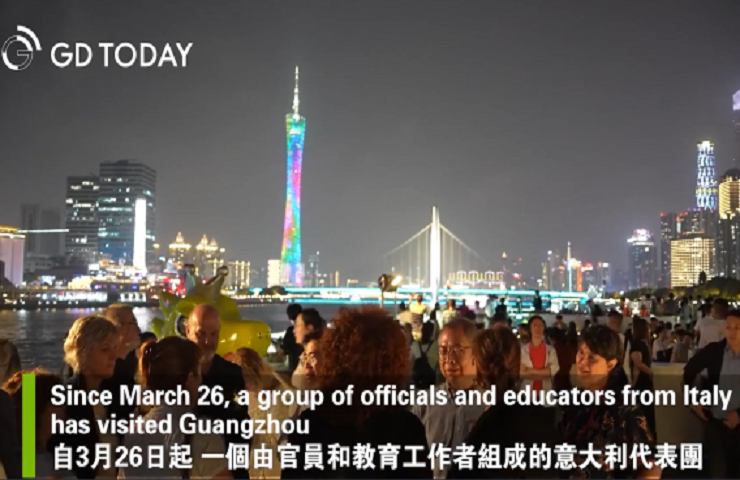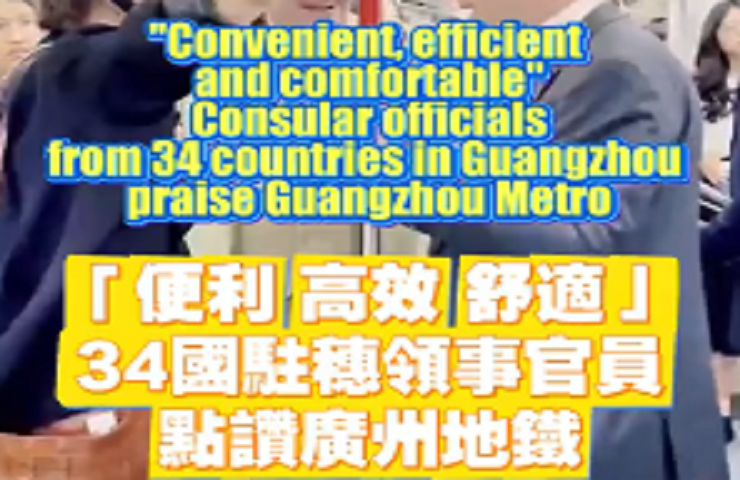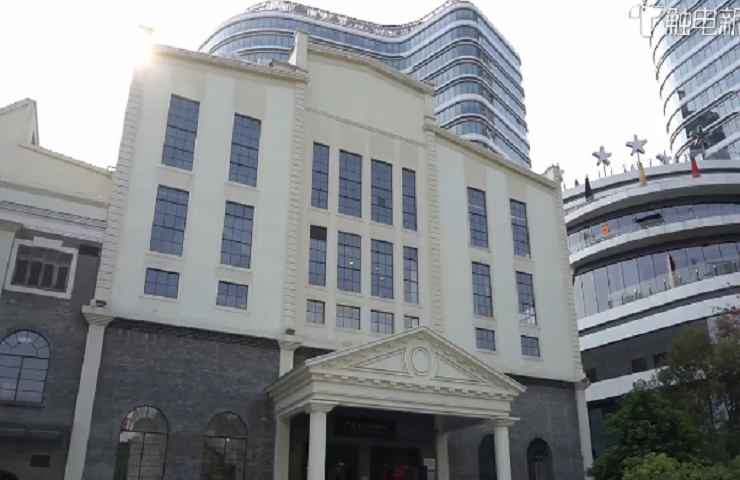Nation's exporters meeting the upgrading challenge
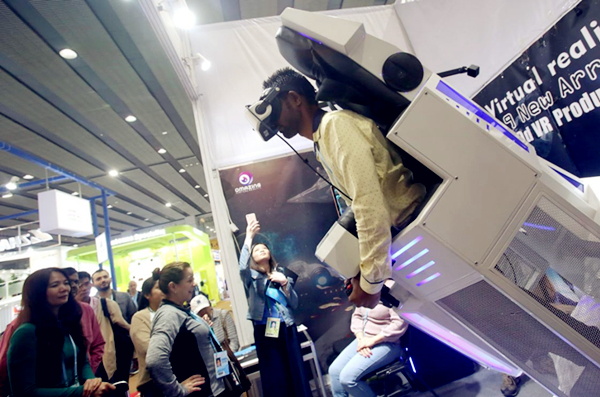
A visitor tries out VR products at the China Import and Export Fair in Guangzhou, Guangdong province. [Photo by Parker Zheng/China Daily]
More Chinese companies offer high value-added products at Canton Fair
The development of high value-added products with high quality and technology has become a key factor to drive business growth for Chinese exporters, according to Chinese companies attending the China Import and Export Fair.
"Facing pressure from uncertainties related to global trade, a growing number of Chinese companies have attached importance to the development of high-tech products to tap the overseas market," said Xu Bing, spokesman of the China Import and Export Fair.
The twice-a-year fair, also widely known as the Canton Fair, is being held in Guangzhou, the capital of Guangdong province.
"We will push forward digitalization in our business-to develop more advanced but low-cost products to meet demand from Chinese and overseas customers," said Liang Huiqiang, vice-president of Galanz Group, one of the leading enterprises in the Chinese household electrical appliance industry.
According to Liang, Galanz has registered its self-developed brand in 149 countries and regions.
"We have also cooperated with overseas counterparts to produce joint brands and products to better serve local customers," said Liang.
According to Liang, the bi-annual Canton Fair, which is seen as a barometer of China's foreign trade, has helped the company better connect with its overseas buyers.
"Following technology upgrading, Chinese and overseas customers have developed higher demand for the quality and design of household appliances. So we should invest more in the research and development of various products with advanced technology and quality," said Liang.
According to Xian Jialiang, a sales manager with Galanz's microwave oven overseas operation department, the company's exports of microwave oven increased 10 percent year-on-year to around 10 billion yuan ($1.49 billion) in 2018.
"We may face pressures from the uncertain global economy this year. But we are optimistic about the year's performance as we are stepping up efforts to cultivate more demand from emerging markets," said Xian.
According to Xian, the company's exports to countries and regions related to the Belt and Road Initiative increased about 40 percent year-on-year in 2018.
Sources with the Canton Fair organizers said that over half of the companies attending its import session were from countries and regions related to the Belt and Road Initiative.
The fair has signed partnership agreements with industrial and commercial institutions from 33 countries and regions taking part in the BRI, and is planning to establish cooperative partnerships with all other BRI countries and regions within two or three years, according to the organizers.
Supported by events such as the Canton Fair and second Belt and Road International Cooperation Forum in Beijing, as well as the government's other opening-up policies to stimulate trade activities, officials said that China's foreign trade will maintain steady growth in the second quarter of this year, thanks to increasing manufacturing activities, the slow price rise of both imported and exported goods, and the stable exchange rate of renminbi since the first quarter.
China's foreign trade climbed 3.7 percent year-on-year to 7.01 trillion yuan in the first quarter, with exports in March posting double-digit growth, data from the General Administration of Customs show.
Song Xianmao, deputy director-general of the department of foreign trade at the Ministry of Commerce, said the government will support 20 key industries such as automobiles and machine tools to further build an international marketing service network this year to help domestic manufacturers pursue higher financial returns.
After adding 255 country-level manufacturing bases for increasing added value and optimizing foreign trade structure, covering a total of eight categories of 45 sub-industries such as automobiles, shipbuilding and power generation last year, the country is now operating 375 such bases to further compete with global rivals in the area of high-end goods production.
Li Kuiwen, the GAC's spokesman, said the customs authority has launched a new round of cross-border trade facilitation programs to consolidate effectiveness and further minimize compliance costs and cargo clearance procedures, as well as streamline the regulatory documents to improve service efficiency for both importers and exporters.
China removed import licenses for 118 products, 29 goods import restrictions, and suspended export quota management for commodities such as phosphorus ore and silver exports since the beginning of this year.
Copyright © Foreign Affairs Office of Guangzhou Municipal Government,
Hong Kong and Macao Affairs Office of Guangzhou Municipal Government All rights reserved.
Presented by China Daily.
京ICP备13028878号-28


